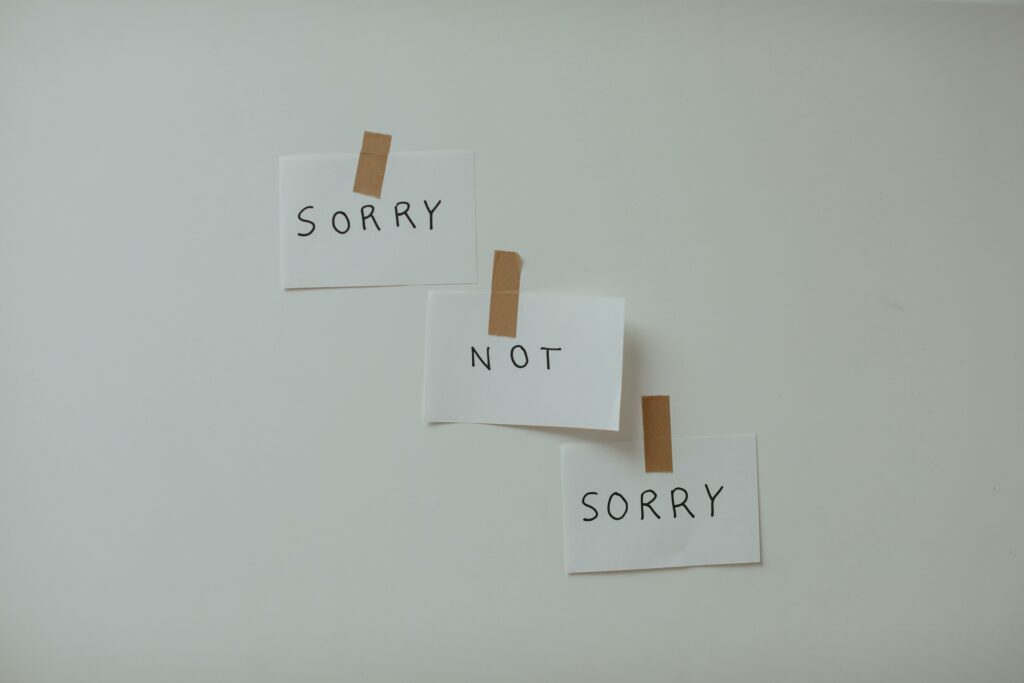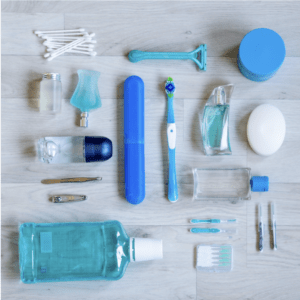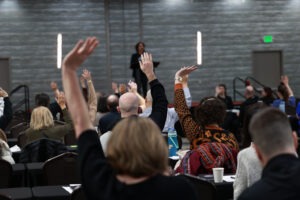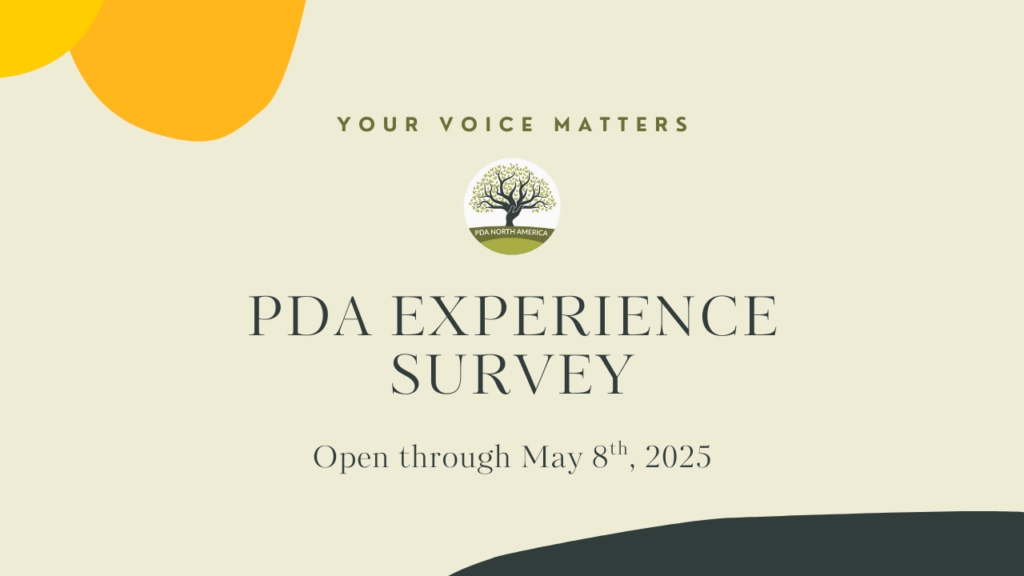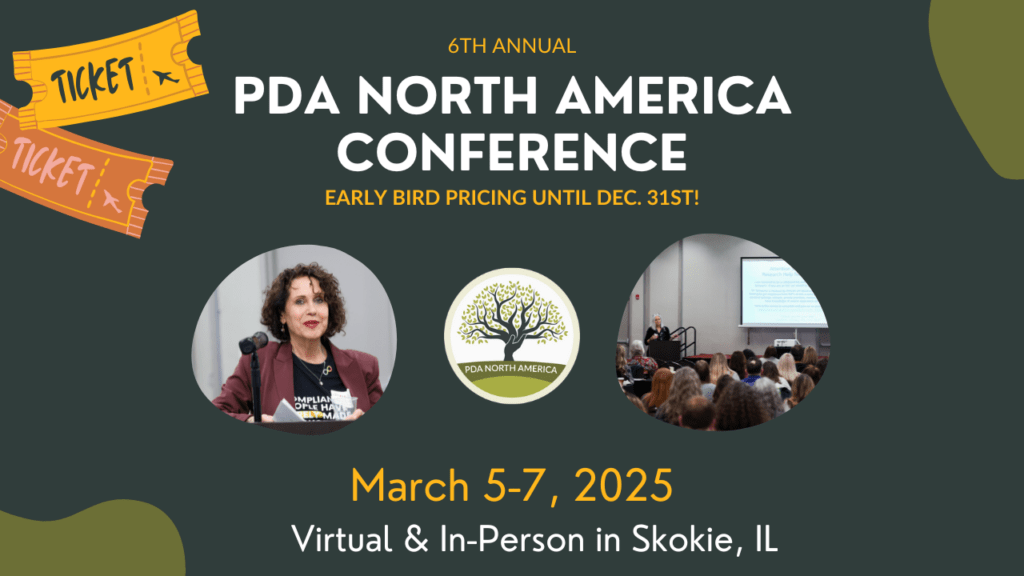1: “I’M SORRY” IS OFTEN A HOLLOW SENTIMENT
How many times do our kids do something unkind or hurtful and we automatically respond, “Say you’re sorry!” But do those words really even mean anything? Who do they serve?
What if, instead, we shifted our attention to the injured party and their needs by asking, “I wonder what they need to make things right?” Coming at amends from this angle really helps kids move the focus away from themselves and start to consider other people’s experiences.
It also has a different flavor than the more traditional, “I wonder what we could do to make things right?” which assumes that we know what other people need.
2: MODELING IS A POWERFUL TEACHING TOOL
Ok, but what if you have a kid who is firmly stuck in protection mode and doubles down on their actions? While not easy for parents to stomach, this is a really common experience. (And rarely permanent.)
In that situation, what about modeling the behavior you’re trying to foster? What if you could check in with the other person to see if they’re ok and ask about what they need? And then, if needed, make the repair yourself on behalf of your child who just isn’t there yet?
Approaching repairs this way can feel especially uncomfortable as kids get older and expectations of their abilities increase. But I promise it will move your child closer to making their own amends much more effectively than a lecture or consequence ever will.
3: IS THIS ABLEISM? I THOUGHT BEHAVIOR WAS OFTEN INSTINCTUAL?
It’s absolutely true that chronically dysregulated kids often can’t control their instinctual, fight-or-flight driven behaviors.
It’s also true that we live in community with other people and are accountable to each other. As adults, we make amends when we intentionally hurt others, but also when we hurt them accidentally. Impact will always trump intention, and it’s ok for kids to learn that… without shame or force, and even if it’s a process.
Adults often panic when kids aren’t good at taking responsibility for their actions. But not (yet) having the skills to tolerate this discomfort isn’t a moral failing (of us as parents or of our child). Without this mindset shift, it’s easy for parents to get triggered and resort to shame or fear to try and get kids to make things right.
(It’s so hard to be human, isn’t it?)
About Lindsay: I’m a therapist of over 10 years, a neurodivergent mom to a (seemingly) neurotypical 7-year-old and a PDA 9-year-old, and the wife to a late-diagnosed PDA husband. Founder of HiveParents.com
